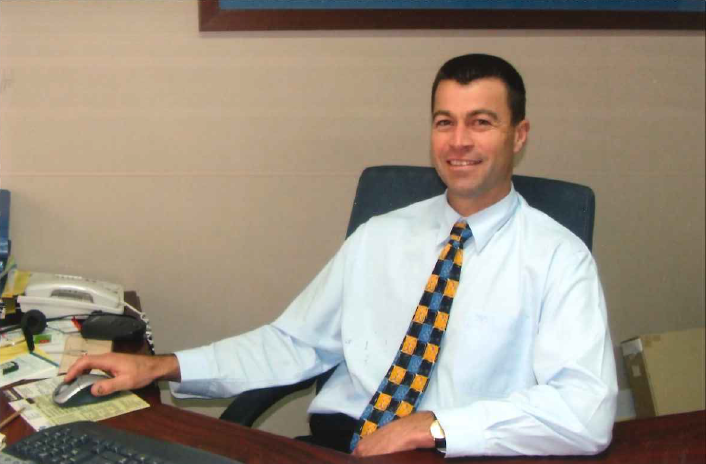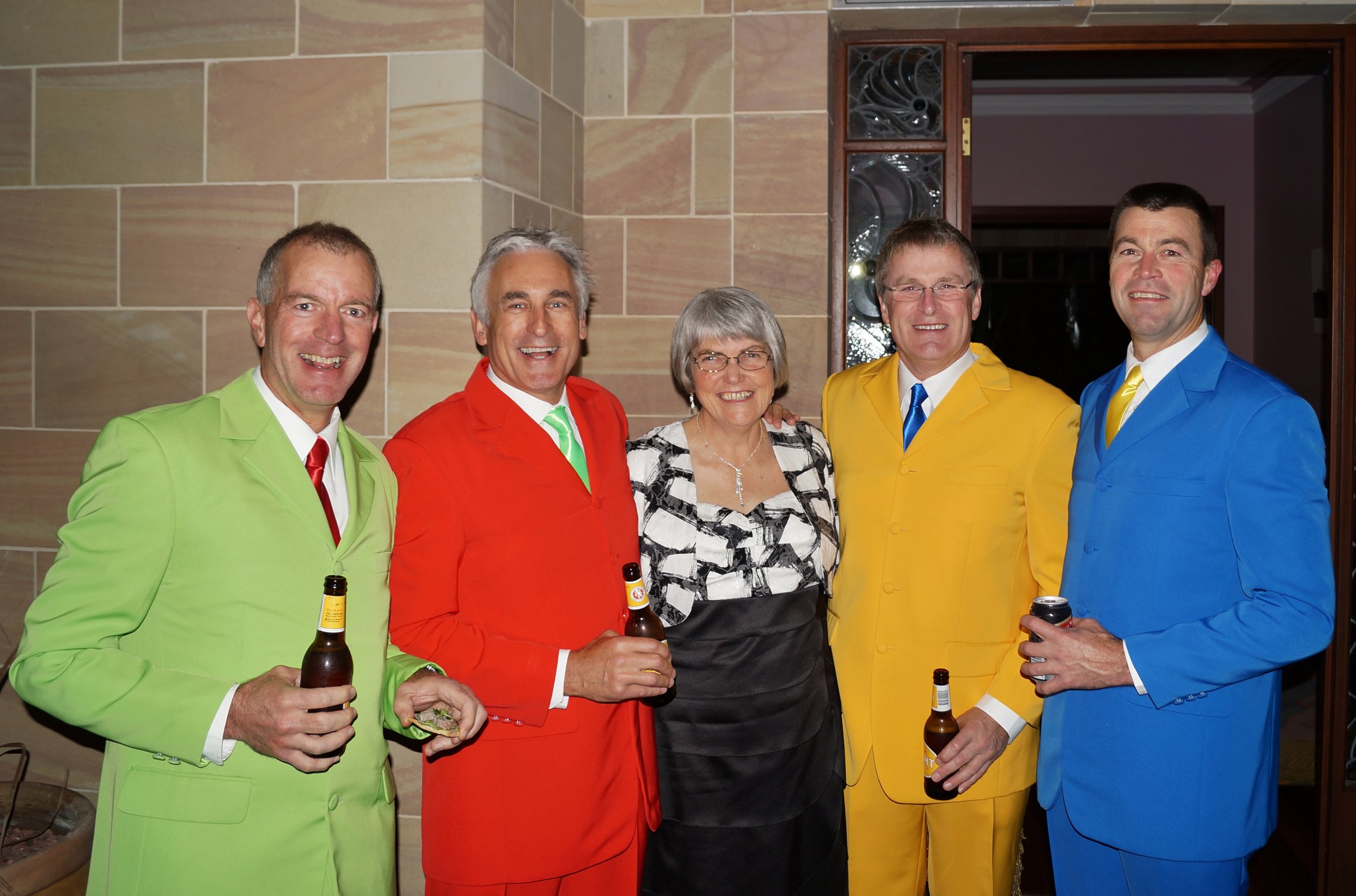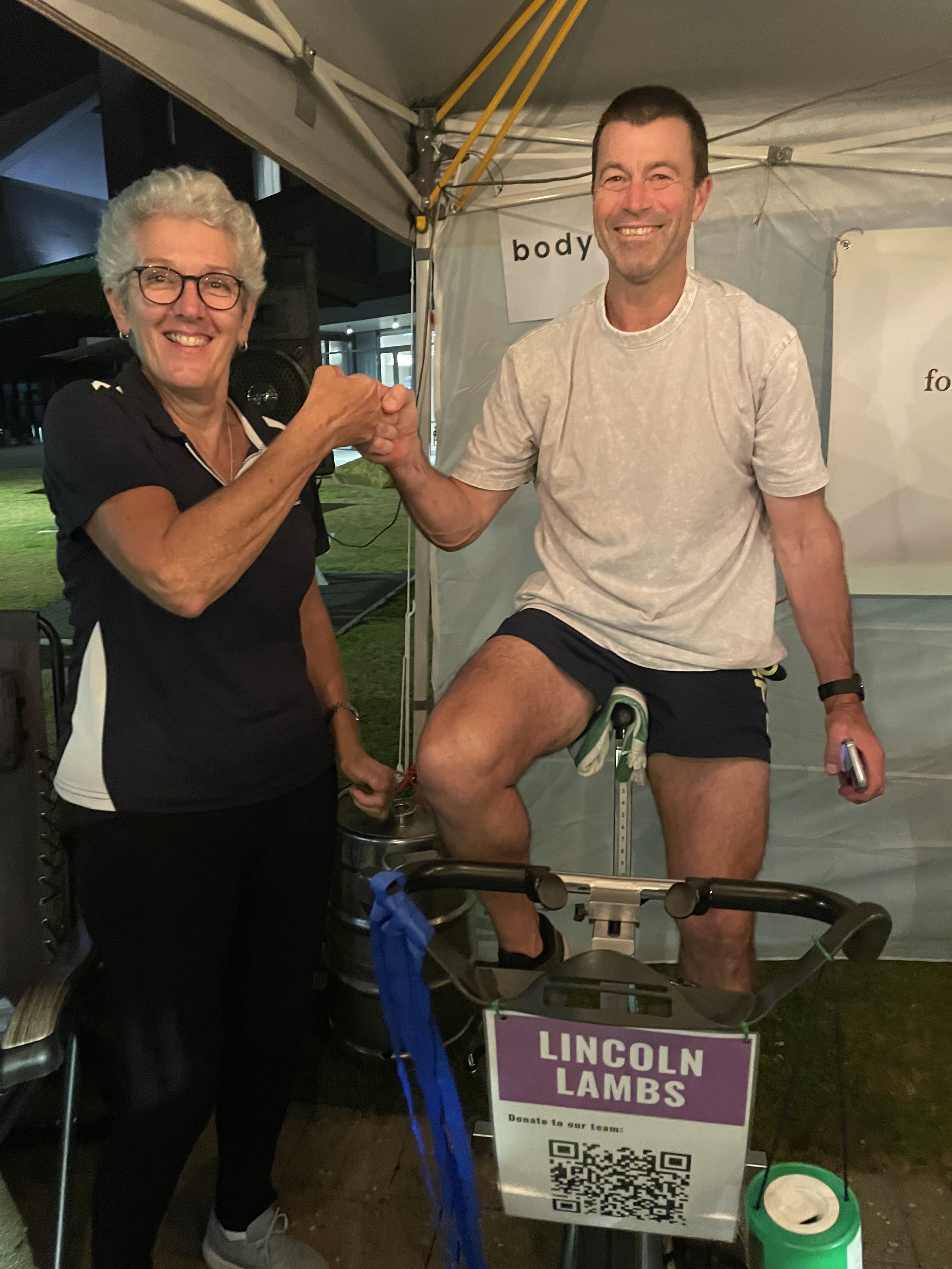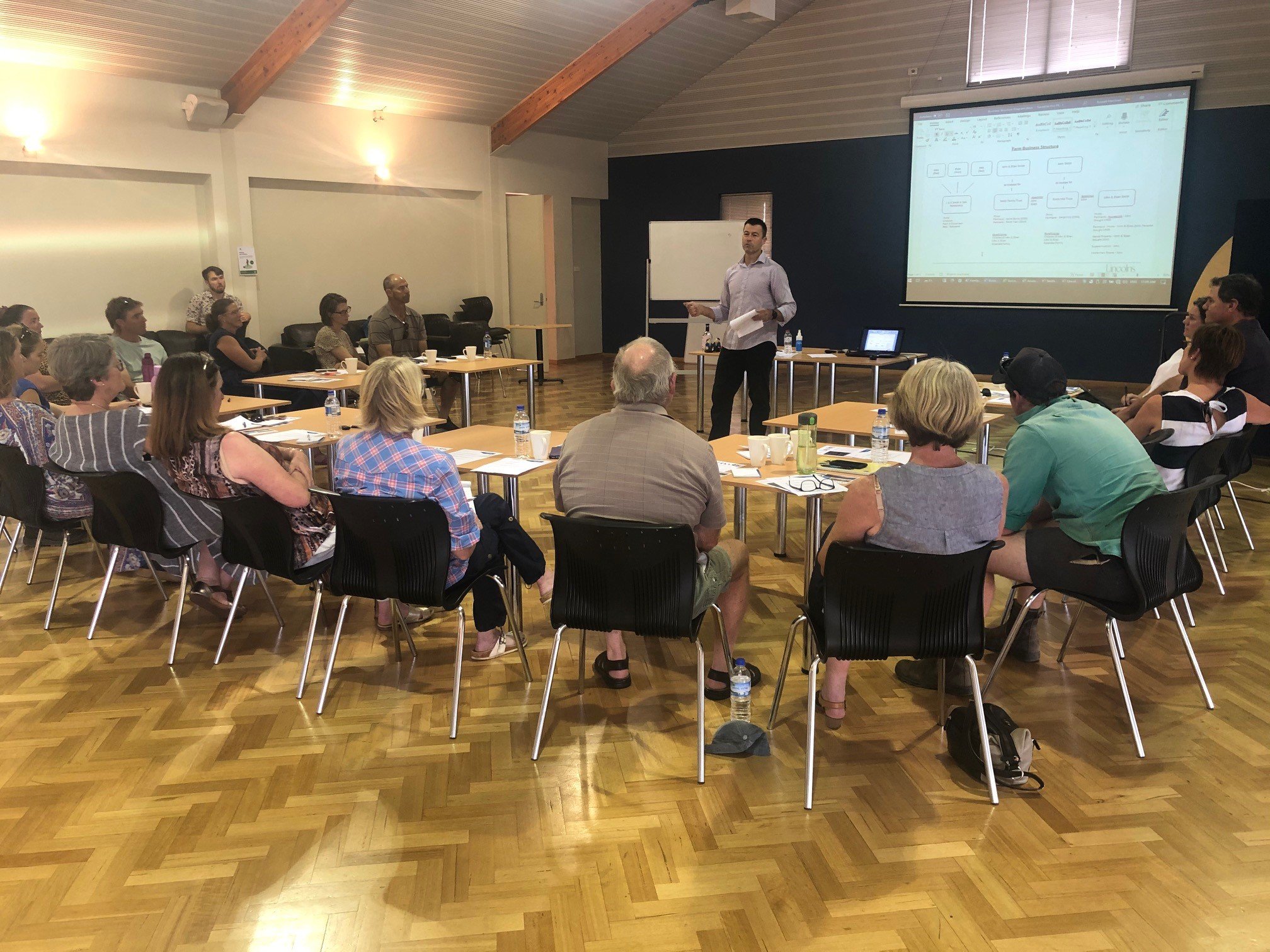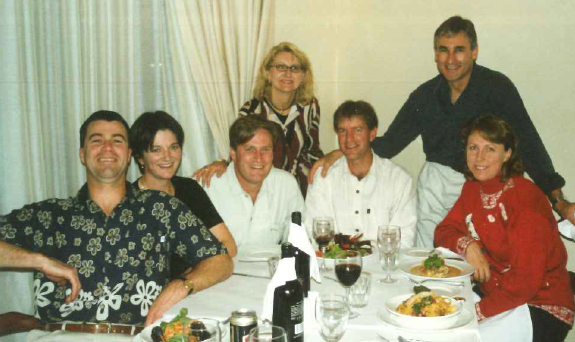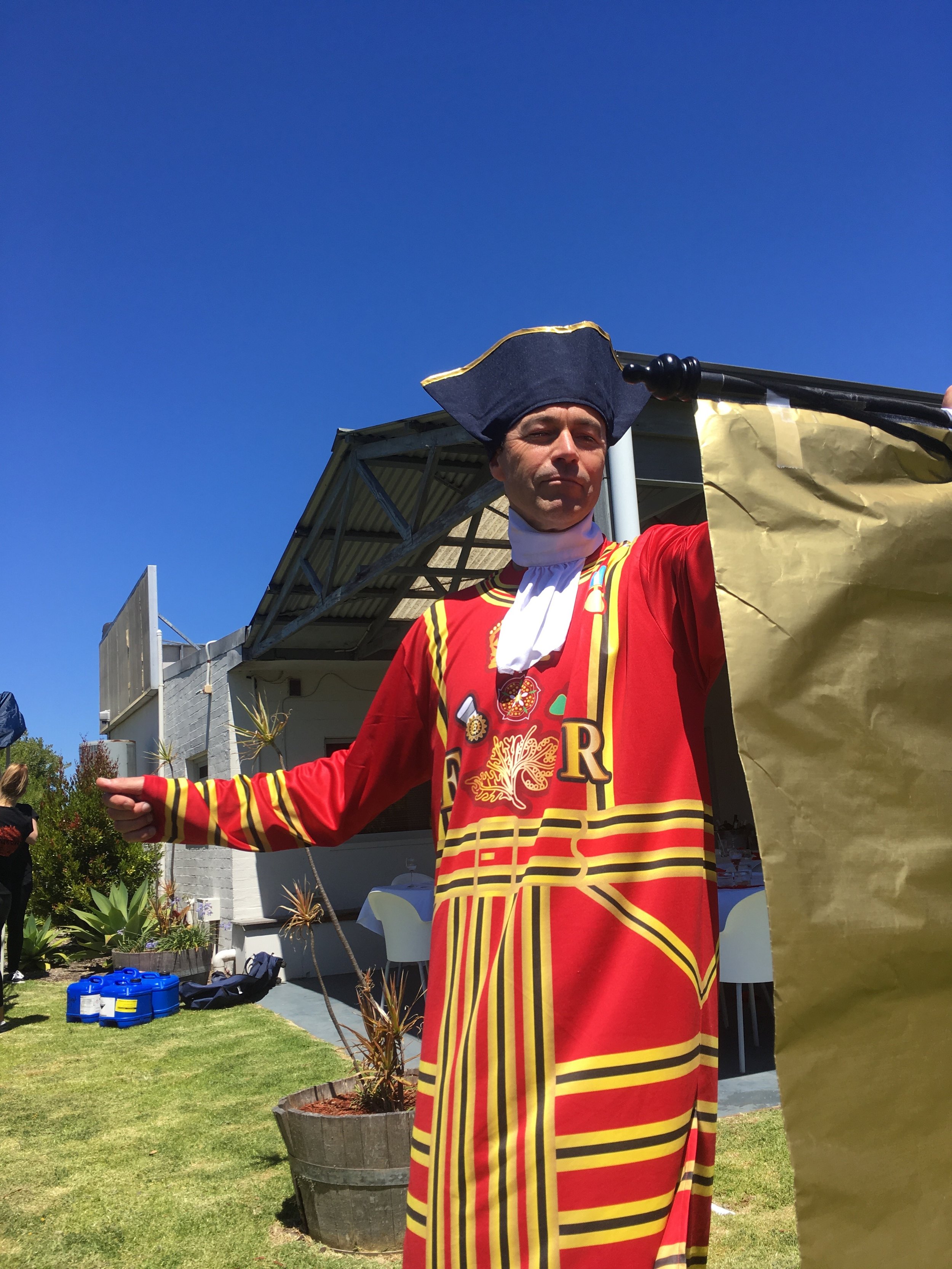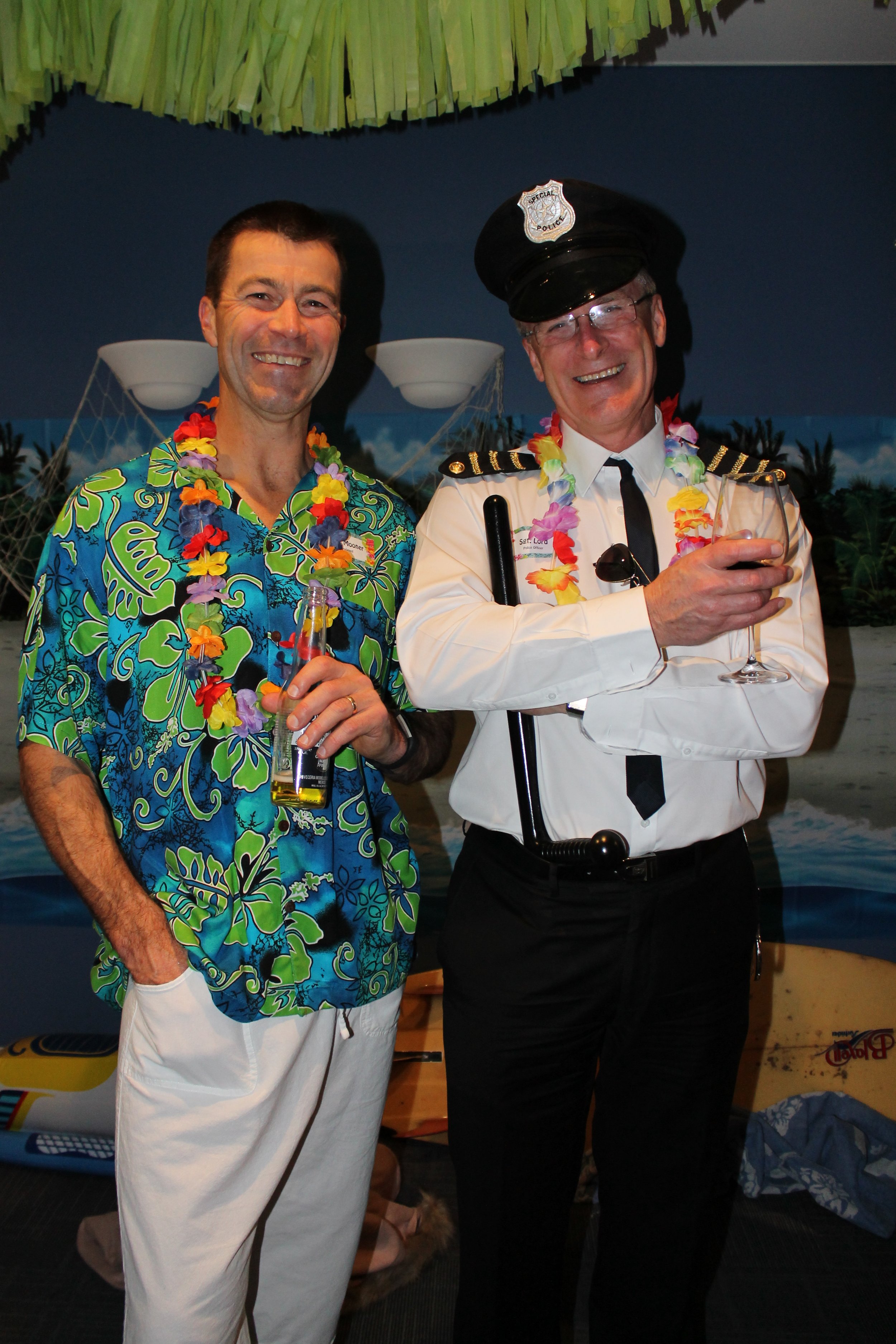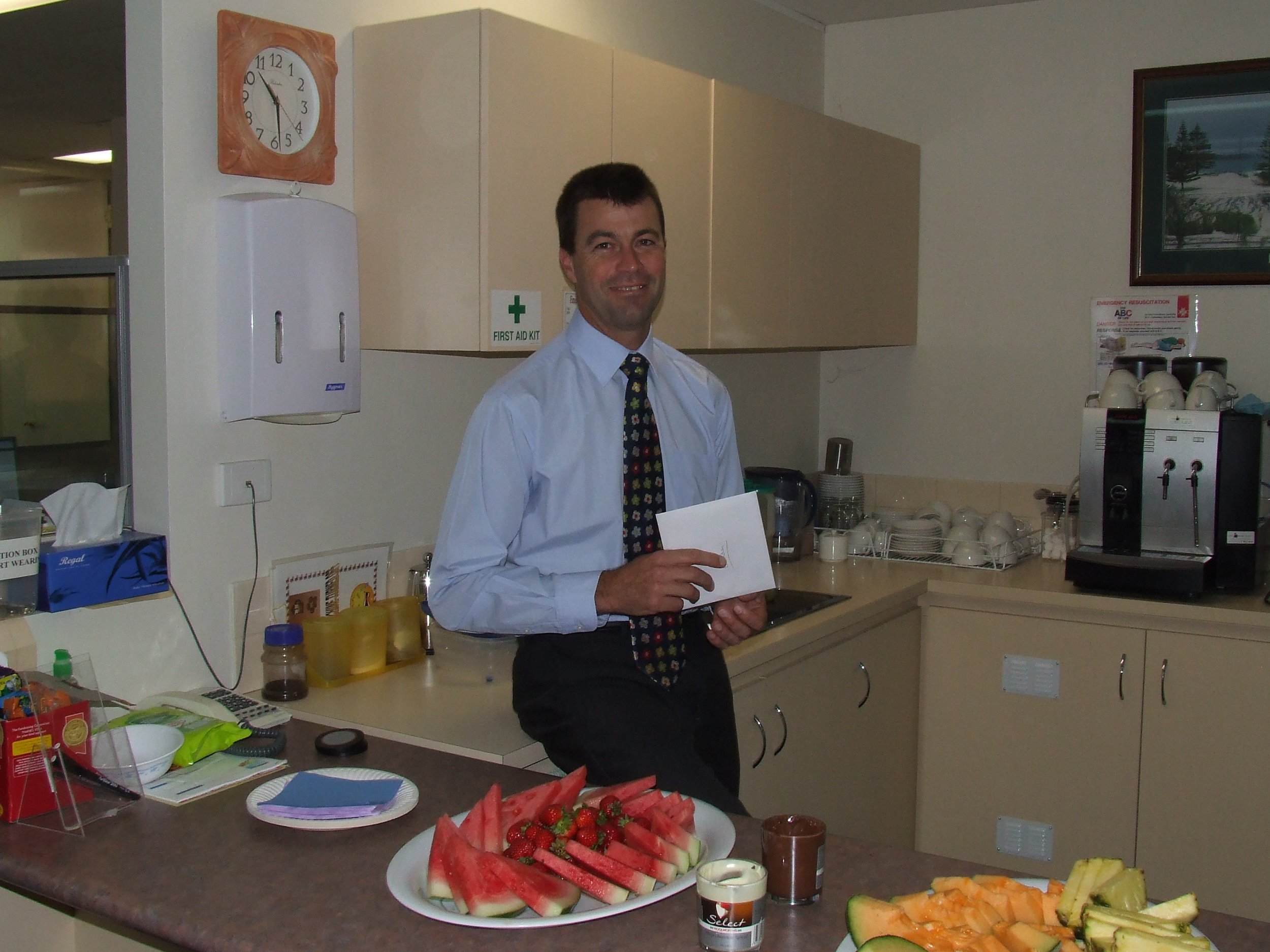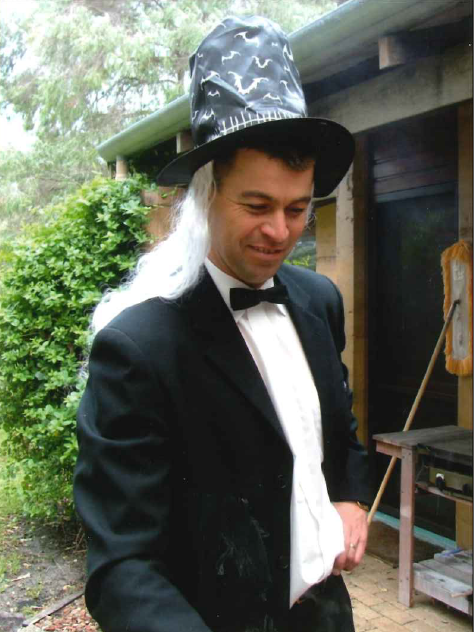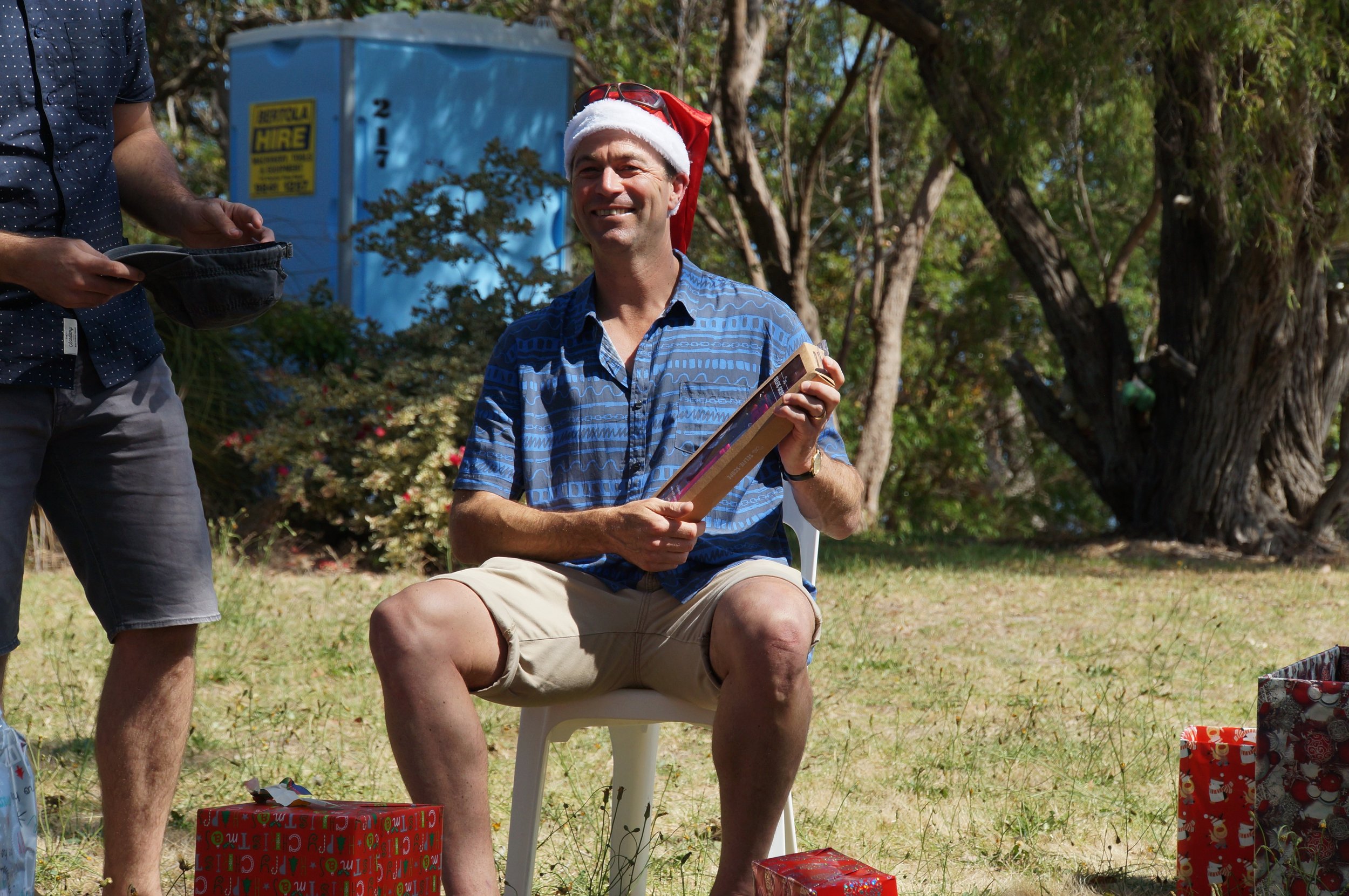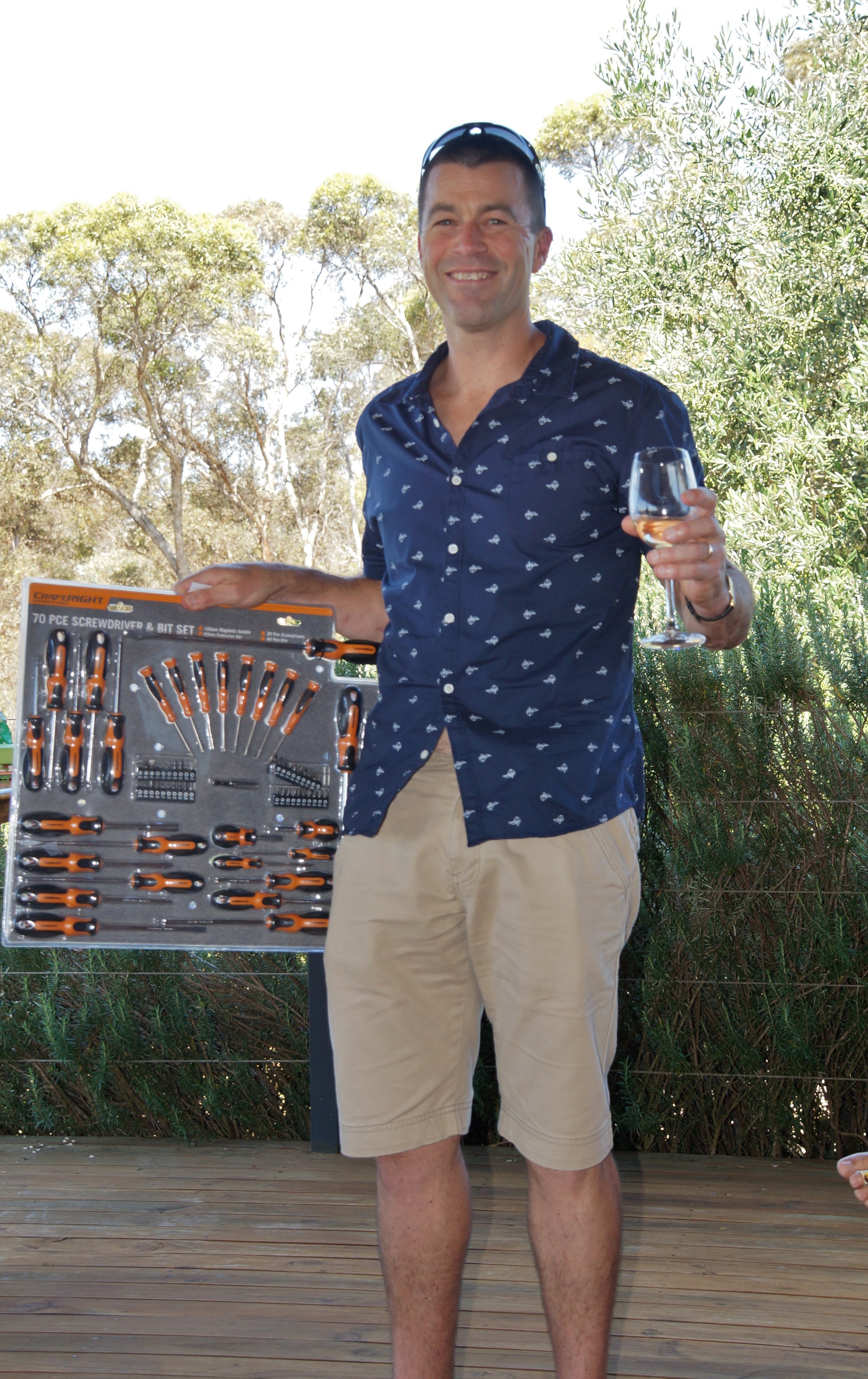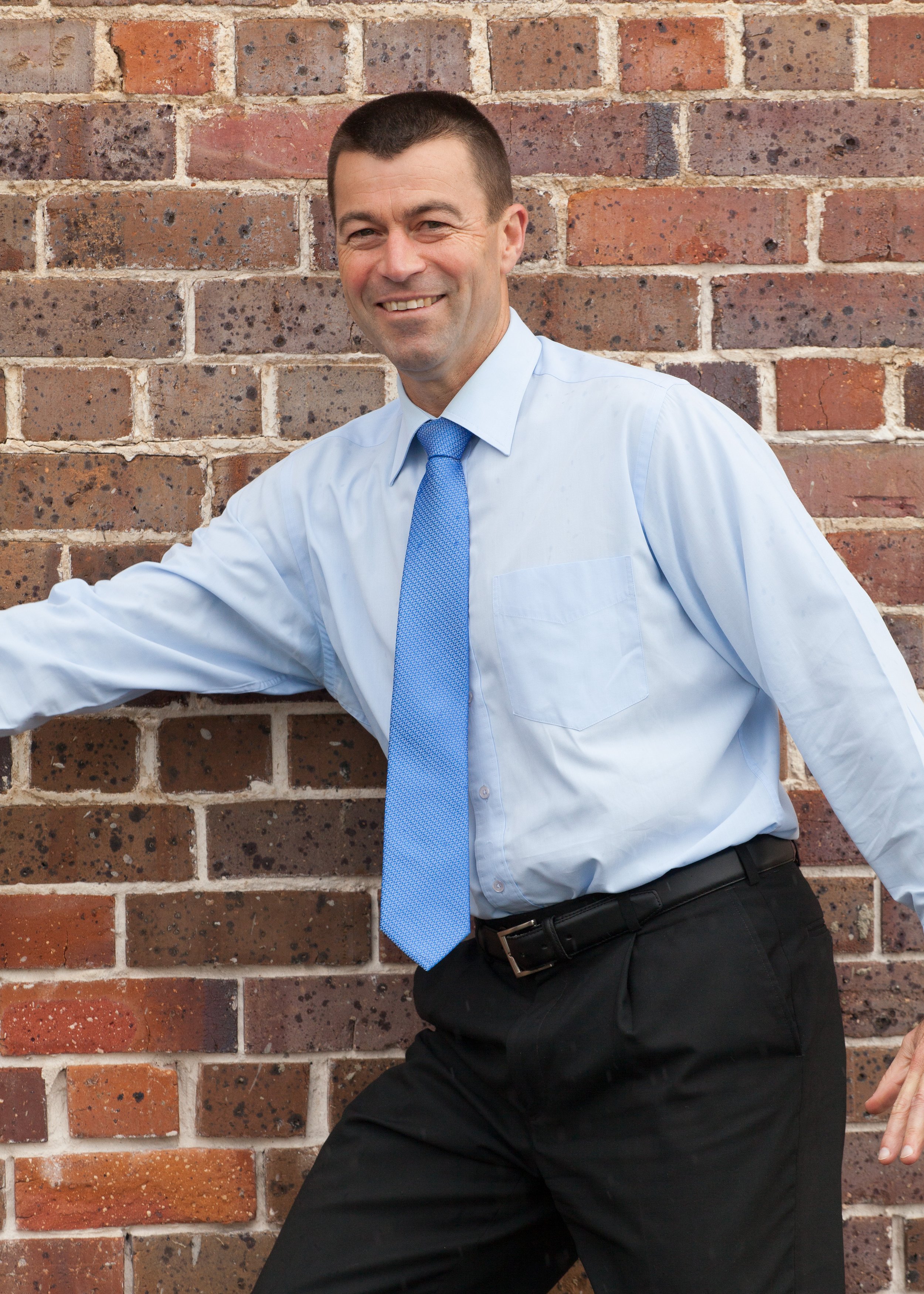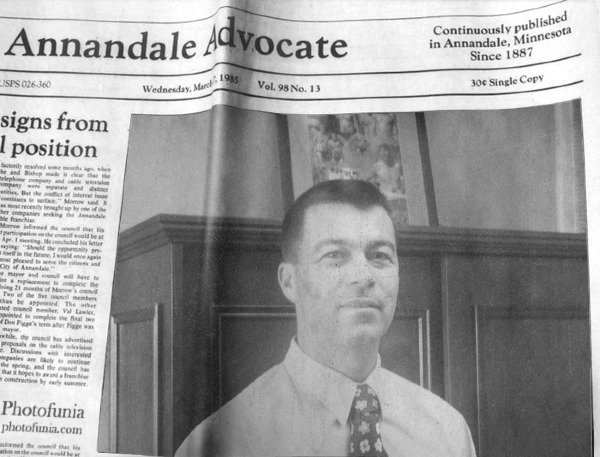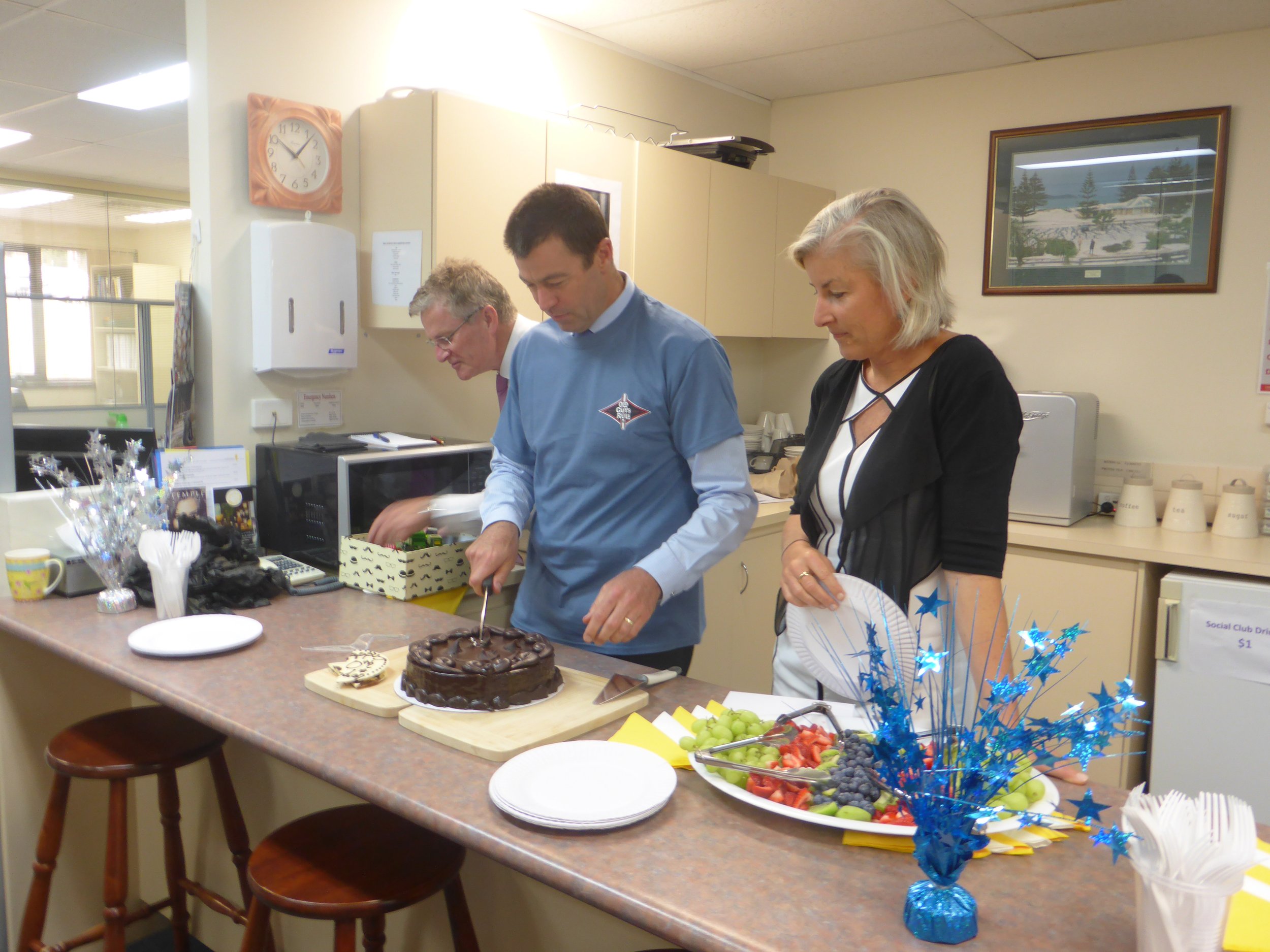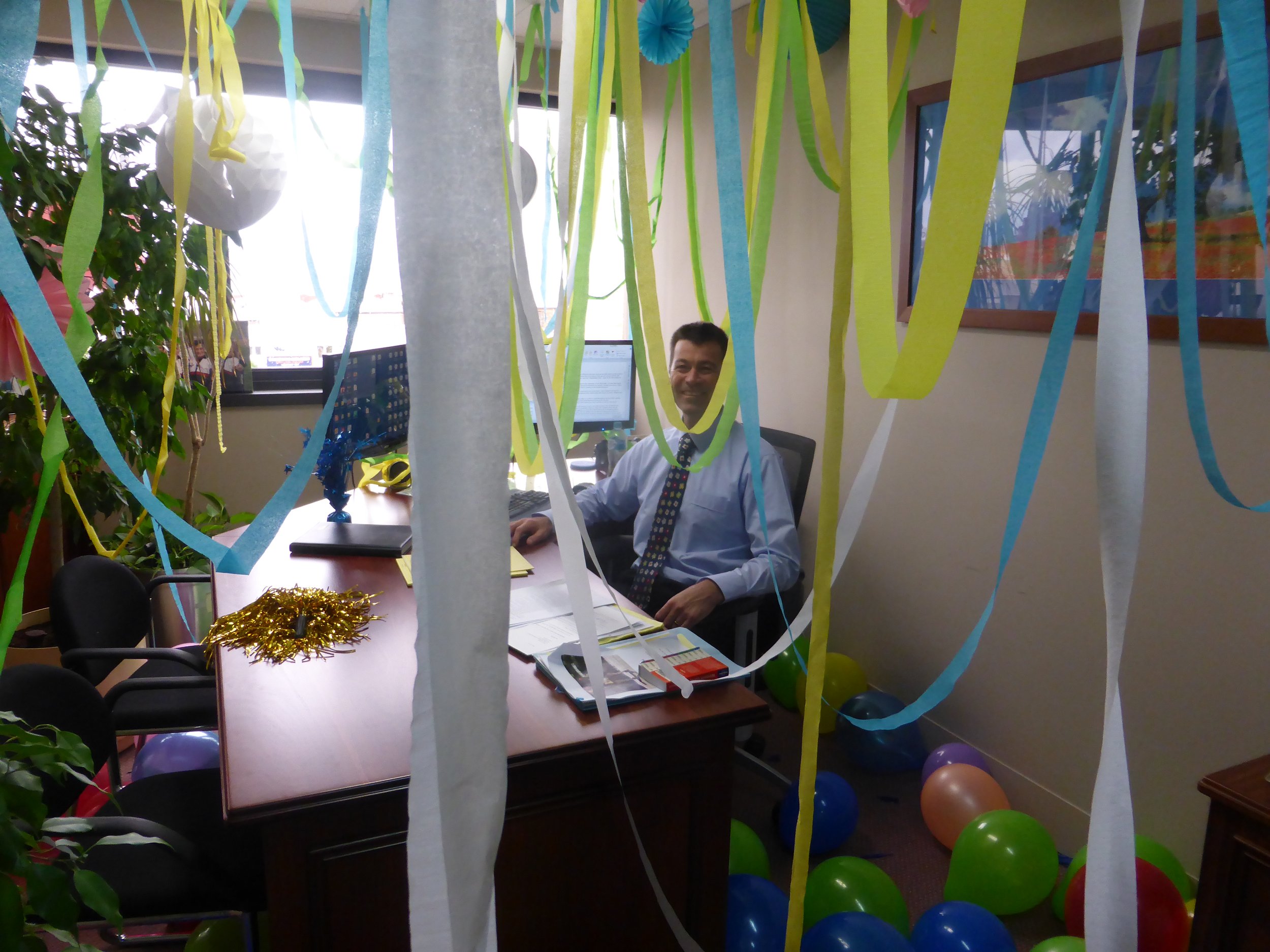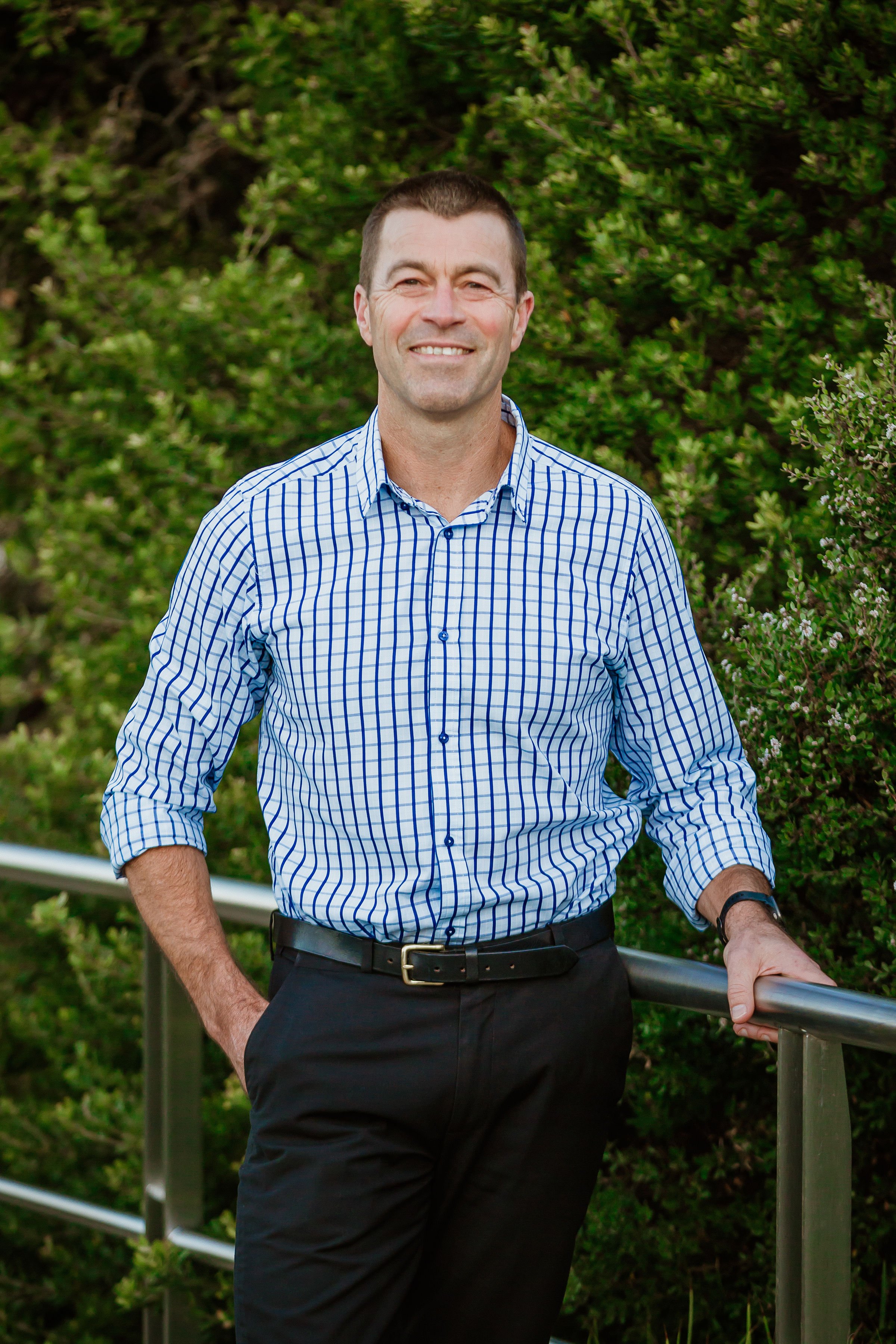Brendan Taylor
It’s not often that we get the opportunity to interview one of our partners and normally it is a precursor to retirement – I solemnly swear that is not the case here. Given Lincolns has completed another Rural Tour, Carryn took the opportunity to chat with Brendan Taylor. Brendan is well versed on all things succession. Not only through advising his clients, but also through his own succession story here at Lincolns.
While discussing what succession looks like from the inside out, rather than our usual position of consulting from the outside in, I also wanted to dig deeper into what appears to be the endless reservoir of “get up and go” that Brendan has, which he no doubt dipped into during the years of change.
While some could say that a business succession is different to that of a farm succession, the challenges remain very similar.
The backstory
Brendan has been in accounting for 33 years, at Lincolns for 30 of those and a partner for 23.
Within the last 3 years we have seen 3 partners retire and 4 new partners enter, inadvertently making Brendan our most “senior” partner. A significant amount of change for any business to go through and worthy of being introspective on what it was like on a personal level.
What was succession like for you?
I’m going to use the analogy of my professional career as being in a Ute. In the early days I was riding in the back while learning from the more experienced partners who were driving the ute. Mostly, with 4 partners, this meant that we all shared the load. We drove together, achieved a lot and saw a lot. As I gained experience and matured, I felt that I could influence and focus more on the strategy and direction of the business. This seemed to work well with the other partners as they were approaching retirement, enabling them to concentrate on their clients. I felt responsible for keeping the Ute on track, making sure it continued to be responsibly driven.
There were a lot of initial stressors – mostly the fear of the unknown. Most significantly was the work that I did – which was a shift from always working IN the business to working ON the business.
Because it was such a massive change in a relatively short period of time, it also required a change in the way that I think. My mentors and sounding boards left and now I’ve become the sounding board, somehow going from the newbie to the most senior. This has had a change on my personality. No longer do I feel like I have to fight the fight, but rather I have the desire to coach.
What was your biggest win from the experience?
I learnt that we don’t have to replace me with me, or rather only have partners that are clones of me. That not all the partners in our practice need to be the same in order for it to be successful. That while not all decisions that are made I always agree with , the energy of having new partners is a very attractive thing.
It’s given me the opportunity to get back in the Ute without having to drive. Less need to be so vocal and involved and leaves me with much more time for my clients – and there is a lot to love about that.
What was the hardest thing about the experience?
While I feel like I am a creature of habit I don’t fear change – I like change and tackling hardships.
It wasn’t the change that concerned me – but rather the thought I would become irrelevant, viewed as hanging on to “the old ways”.
What’s one piece of advice you would give to clients going through succession?
I’m not sure I’m qualified yet, as I’m not retired but it would be to let go. Let go of the ways things were previously done, allow others to express themselves and bring opinions to the table other than my own. Let go of the wheel. It’s time to be a passenger in the Ute, without having to direct the way but be available with guidance when needed.

